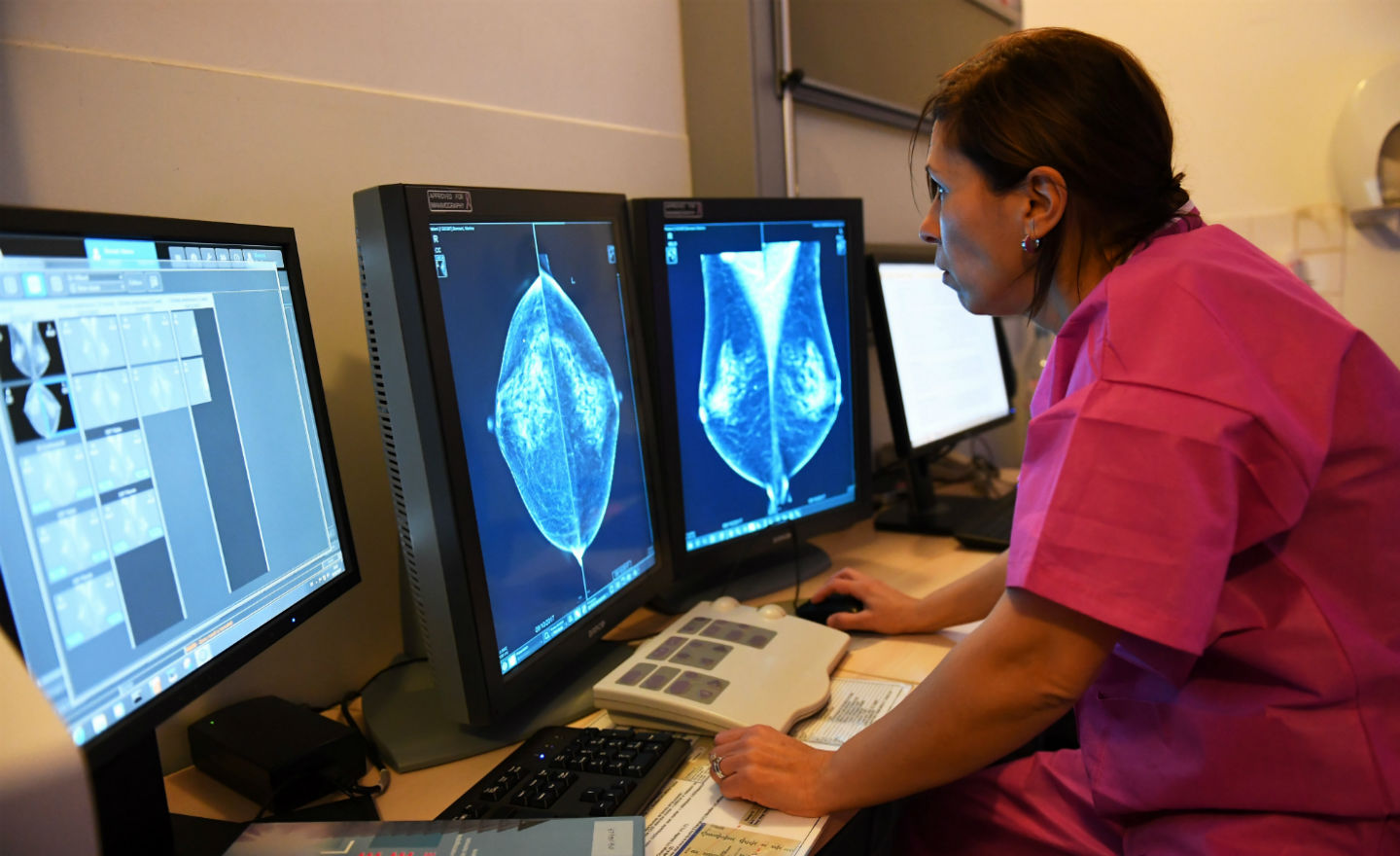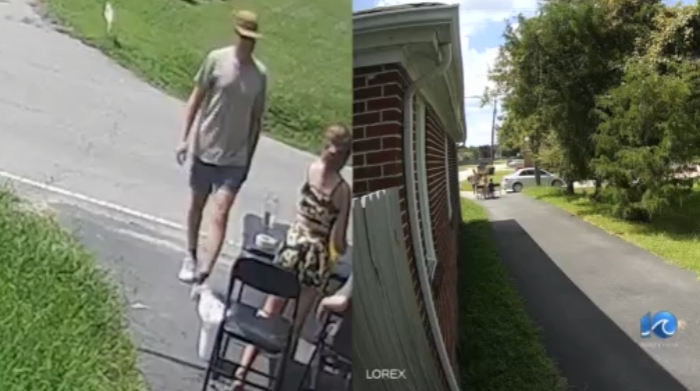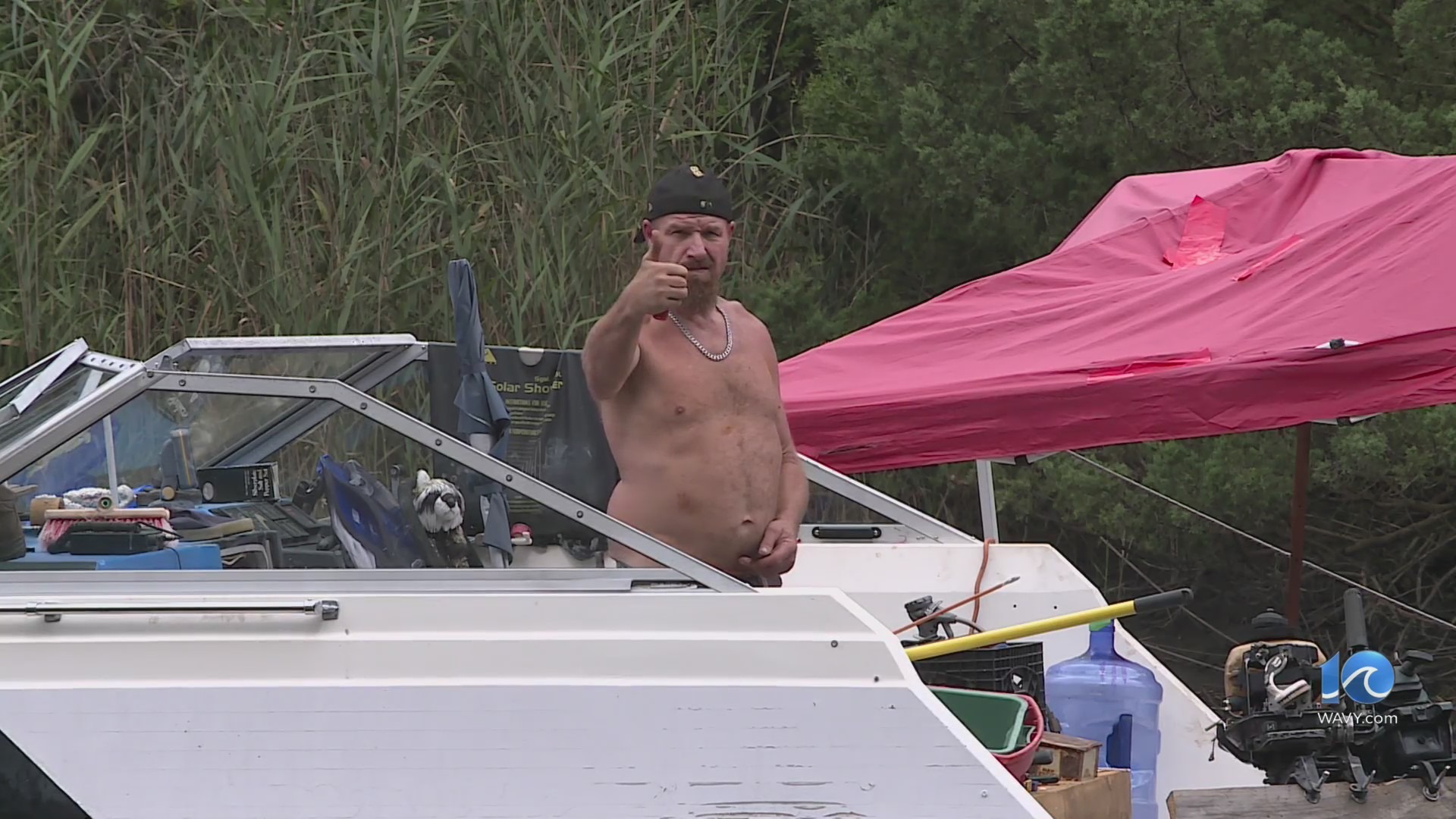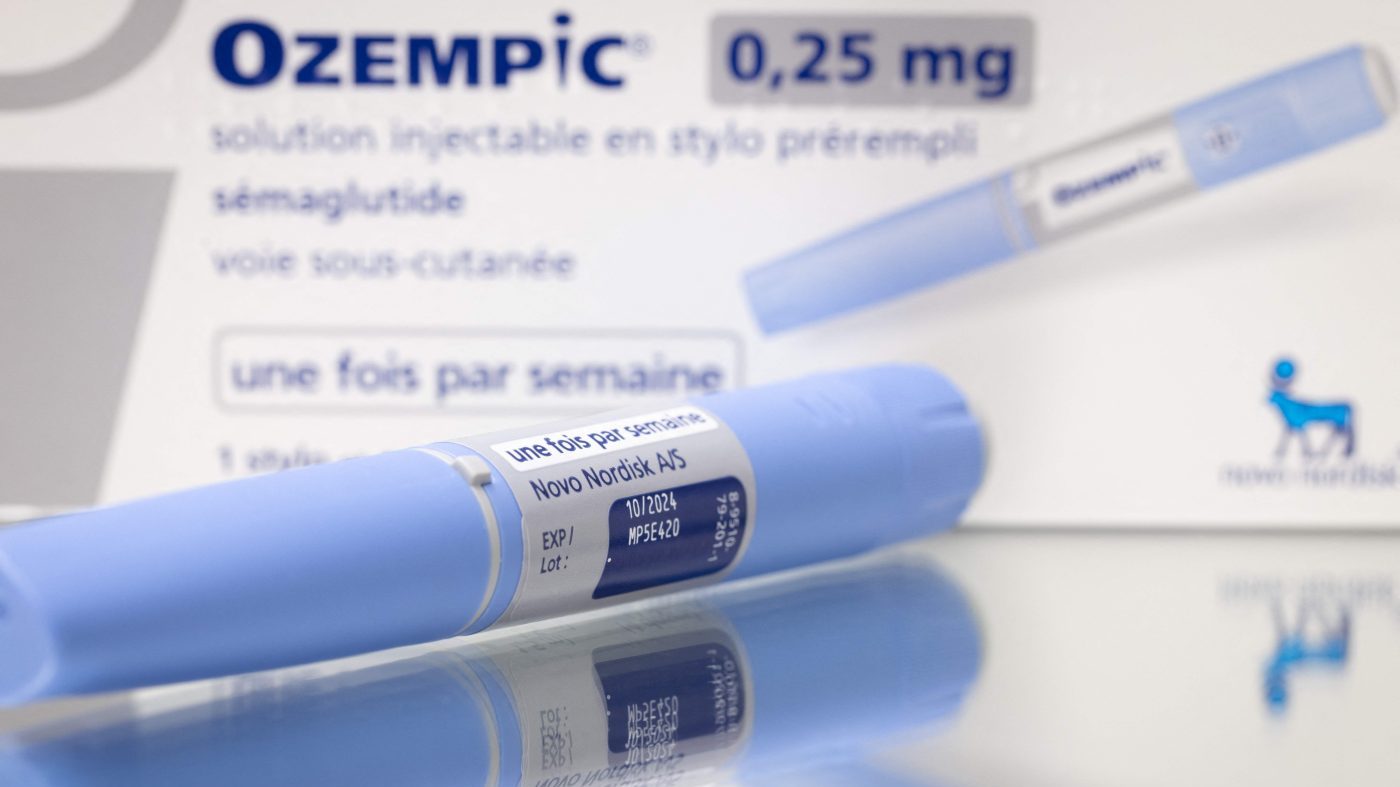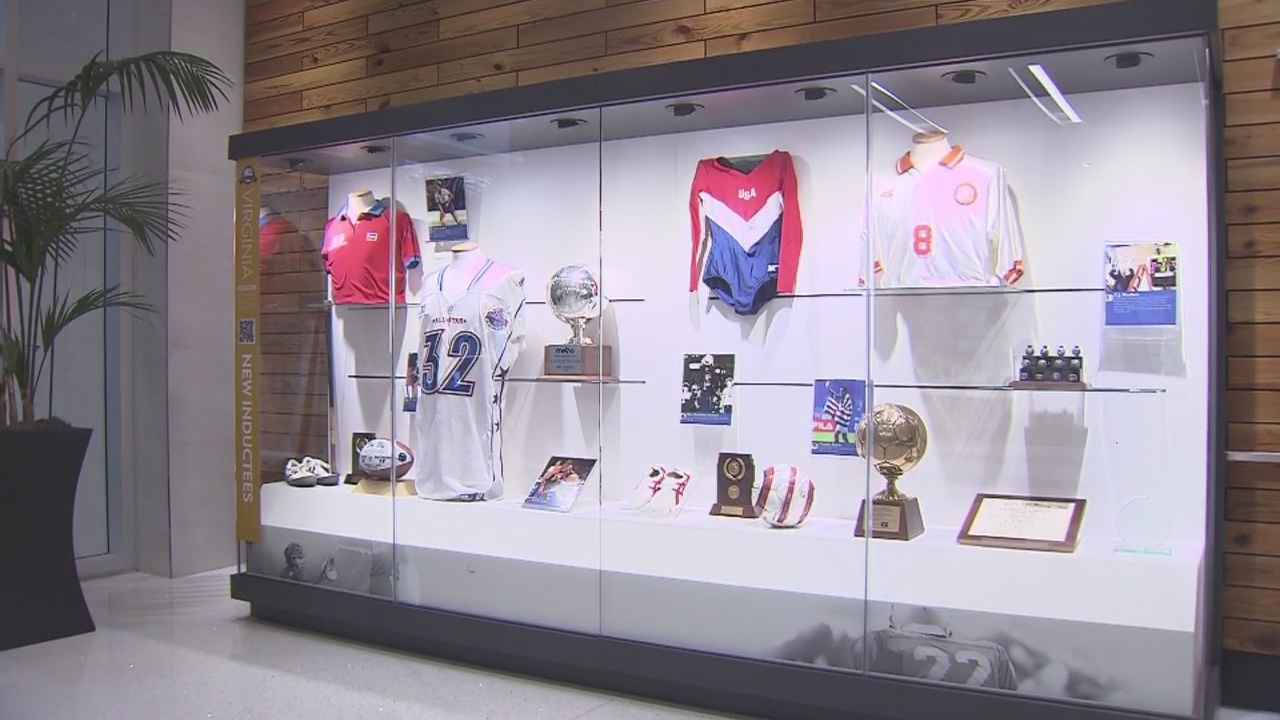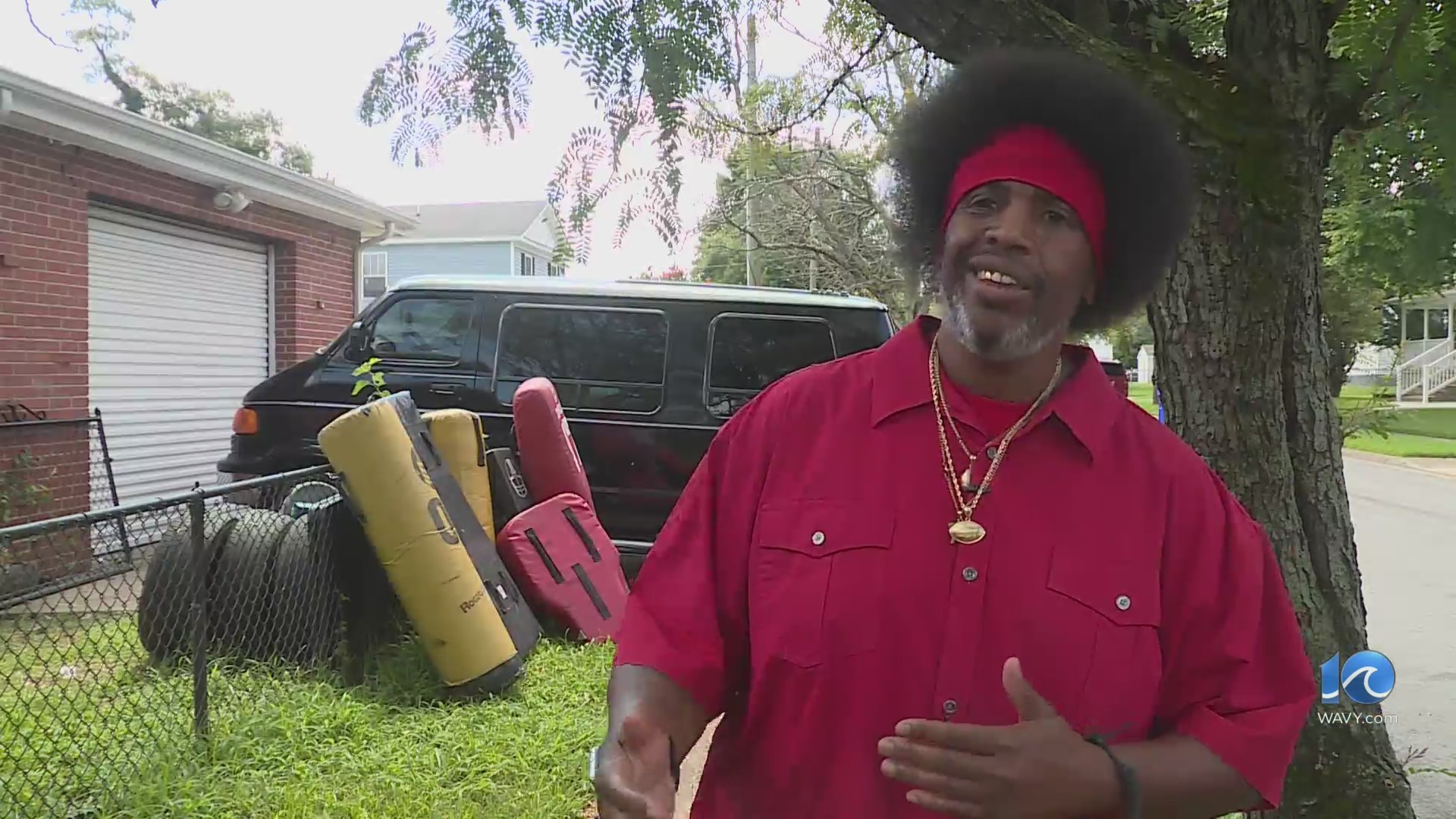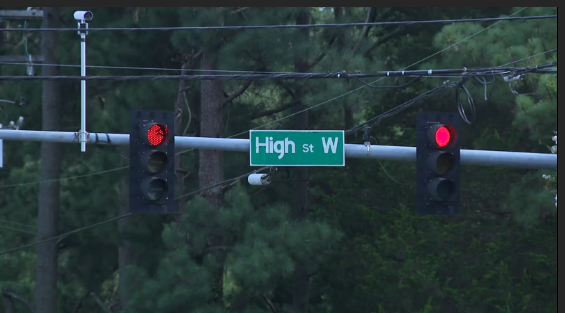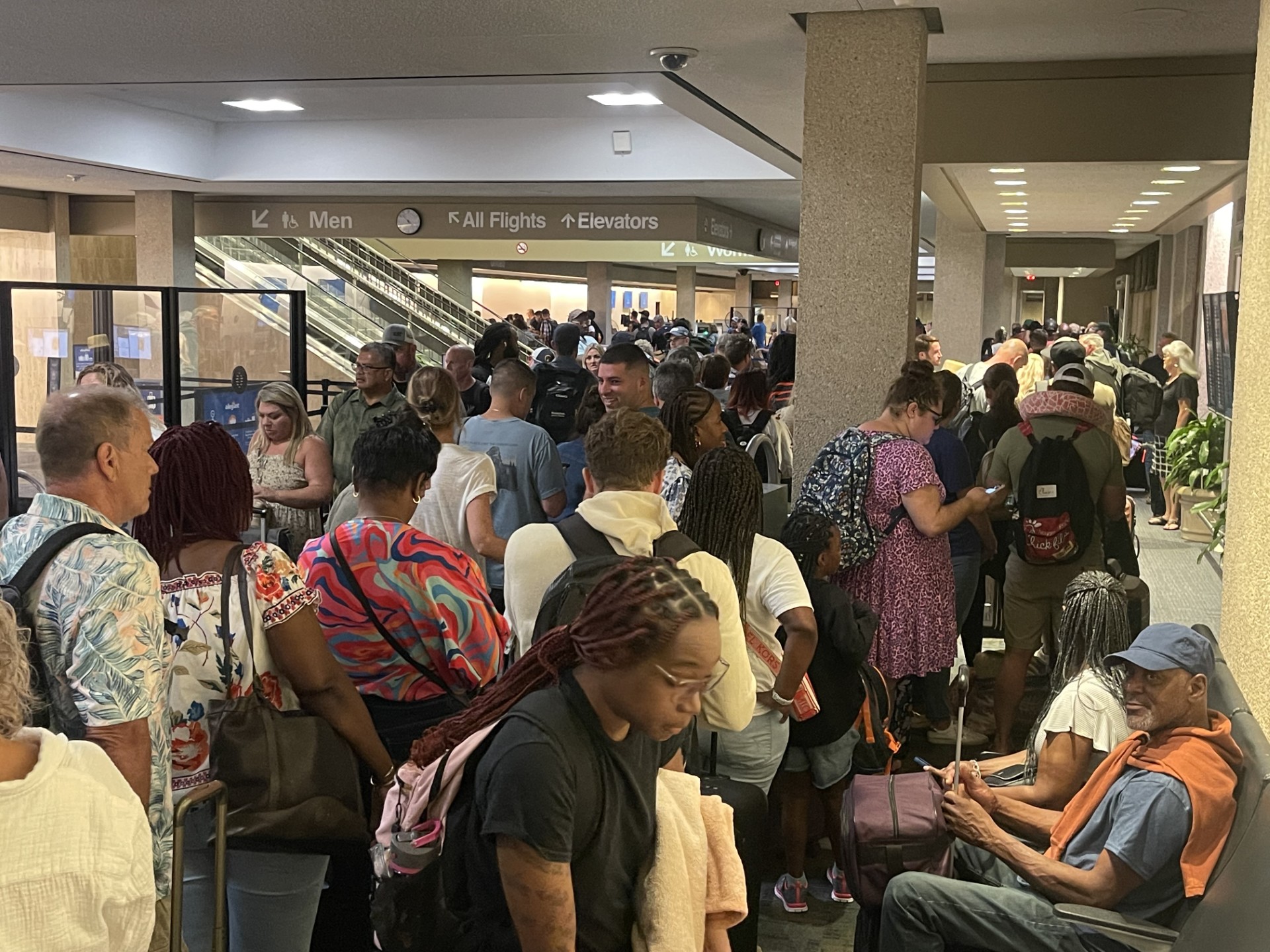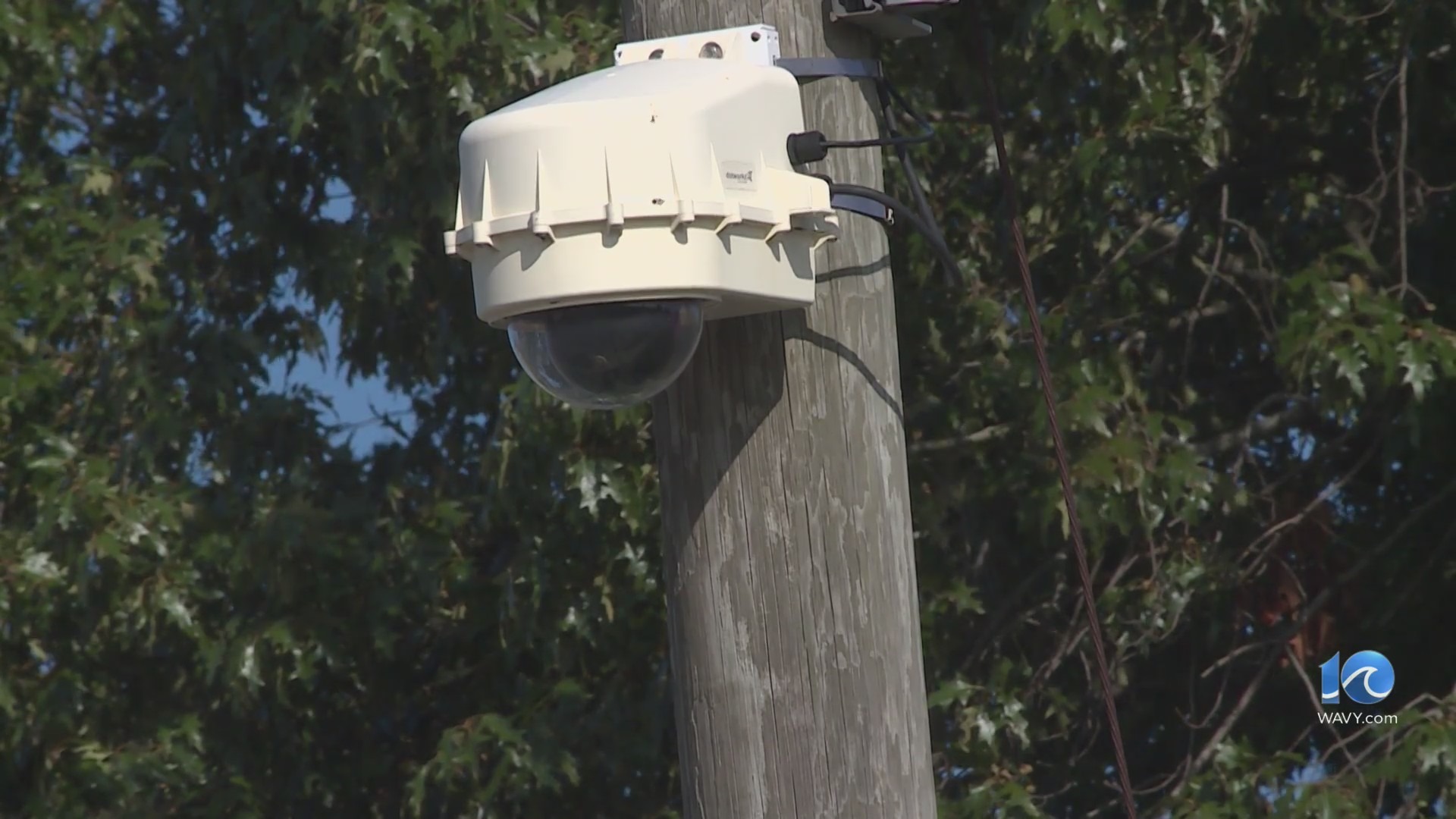MANASSAS, Va. (WAVY) — Walk into the woods next to the Science and Technology campus of George Mason University and you’ll see a four-acre plot enclosed in a chain link fence, and right next to it, three white boxes.
Just don’t get too close.
The boxes house about 30,000 European honey bees. Professor Mary Ellen O’Toole calls them her “little-winged crime fighters.”
O’Toole, the lead researcher on the project, is hoping to get her first donated body sometime soon. She and other researchers will test their theory that bees can help them find decomposing bodies.
“Bees can be very good vectors for finding humans that have been left outside,” O’Toole said. “They’ve died outside, and now they’re decomposing outside.”
Her body of work before George Mason was tracking the highest-profile cases of mysterious deaths — 28 years as an FBI profiler. She worked the Unabomber, Natalee Holloway, the Green River and Golden State Killers, Zodiac and many others.
“I worked a number of serial murder cases where the offender kidnapped in one location, murdered in a second location, buried in a third location,” she said.
So investigators need to narrow the search with thousands of helpers. They’re not killer bees, but they can help find killers. Here’s the key — when bodies decompose, they emit organic compounds.
“We do know from other research that honeybees will land on the corpse of a decomposing animal,” O’Toole said, and those compounds can end up in groundwater, and eventually in flowers that bees will pollinate.
Once investigators have a general idea where a body might be, they can start analyzing local honey for evidence of decomposition. It would be a first-step method that makes other methods more effective.
“The area would be too big to bring in, let’s say, a cadaver dog, and it would be too big to have a group of people walking shoulder-to-shoulder,” O’Toole said.
If the honey of local bees does show decomposition, investigators can then follow with ground-penetrating radar, drones and other technology.
O’Toole wishes she had had bees in her arsenal decades ago.
“I think of those cases, and I think those poor victims would not have laid out there basically for decades before they were found,” she said. “We know that the bees will very likely pick up residue of decomp and they will bring it back to their hives.”
Back when she started with the FBI, O’Toole never dreamed her career would land here.
“Thirty years ago I think I was afraid of bees,” she said with a laugh. “If I knew this 30 years ago I may have that attitude that — ‘Oh my gosh, do I really want to eat honey again?’ Now that I know how valuable these little winged crimefighters are gonna be for us, I just love them.”
Those interested in assisting the research by donating a body can contact GMU at fscience@gmu.edu.




























